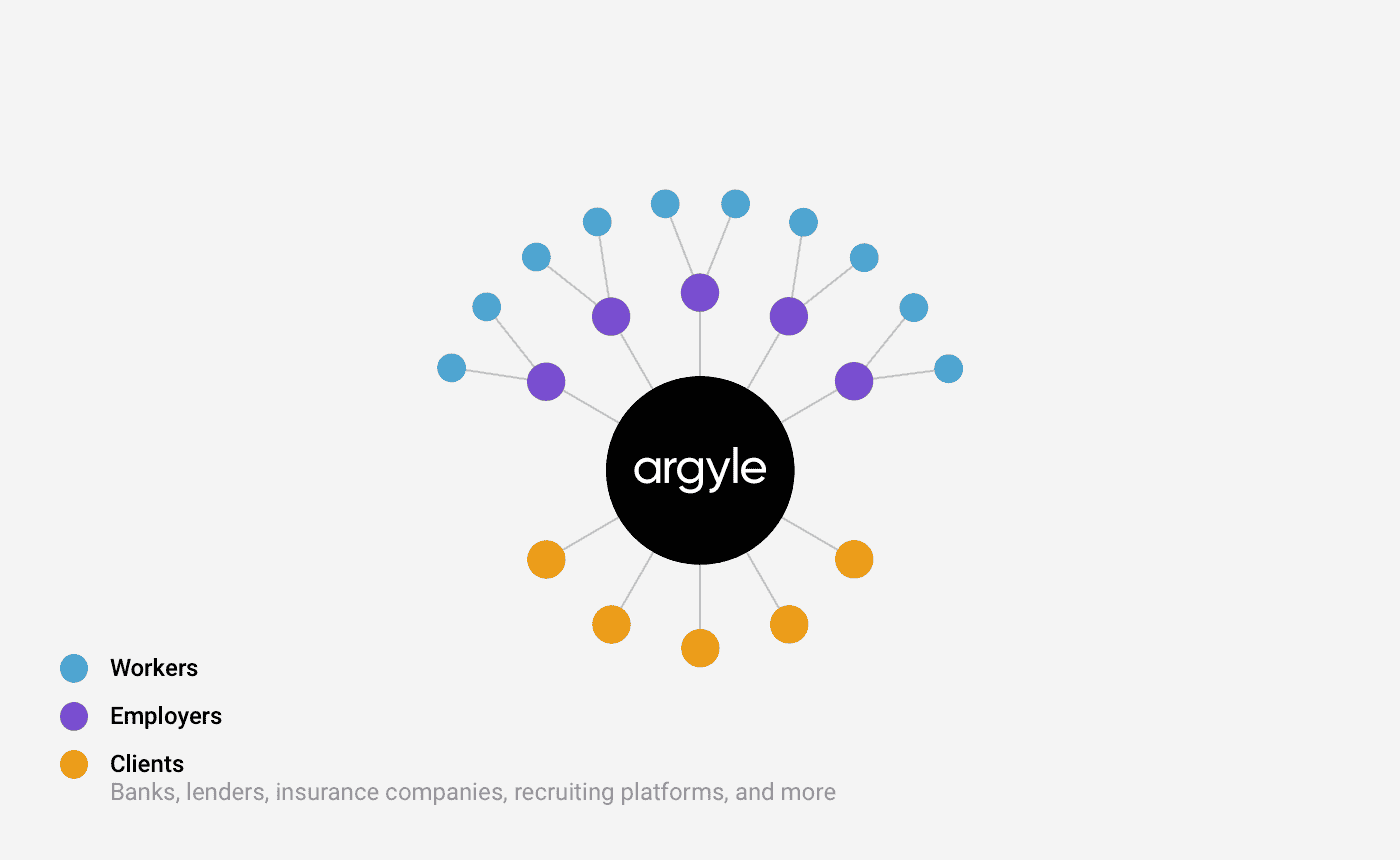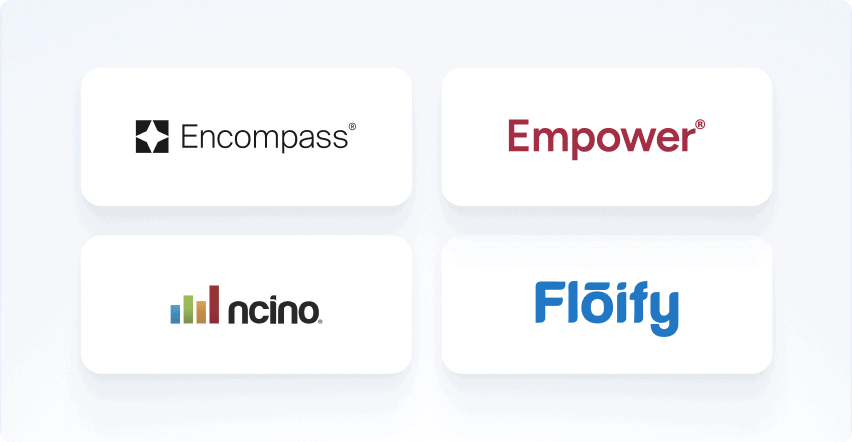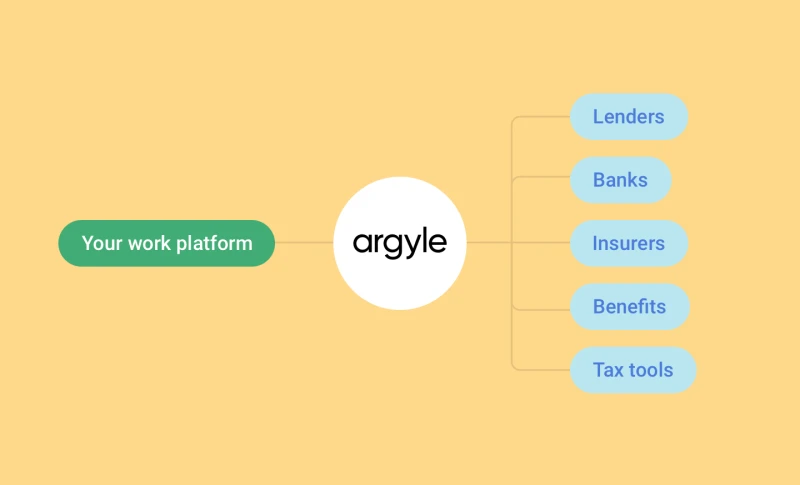These are not the same thing.
Both marketplaces and networks operate with the same central concept — an unlimited set of nodes that transact with each other. The key difference is how a price is derived and profit is made when nodes transact.
In a marketplace, price is derived through a form of open-outcry. Nodes on the marketplace negotiate with one another to find a price that is suitable for the seller and the buyer. In a network, price is set by the network owner. Nodes transact with fixed prices and service fees.
Both models have produced stunning businesses.
Visa is perhaps the most valuable network in the world. Visa’s nodes are the 46,000,000 merchants and 16,000 financial institutions within its network that pay a fee to transact.¹ Visa controls the fee; merchants and financial institutions pay a fixed fee.
Airbnb is a marketplace. The nodes are the 6,000,000 property owners, who freely set their own price and the millions of renters who freely select what property fit’s their budget.² Airbnb charges a commission based on the price two nodes have settled on.
Some of the best marketplaces are dynamic ones. Expedia is a marketplace. Pricing are dynamically changed by each airline vendor in reaction to their own supply and demand alongside the pricing of its competitors.
Some of the best networks rely on fractured node participants. Carta is a network of VC’s, LP’s, employers, and companies. Because these nodes each spawn new nodes (each VC has several LP’s and each LP is funding several VC’s) participants self grow the Carta network because the nodes are always fracturing.
Getting this difference clear in business is critical. A business that tries to masquerade as something they are not often flounder. I would know. ZIRX, a business I co-founded in 2014 as Uber for Parking, was billed as a marketplace. We created dynamic pricing systems for our nodes (parking lots & valets) but at the end of the day a parking spot as a fixed price; a valet as a fixed hourly wage.

My new venture Argyle runs a three-sided network. The nodes are employers, workers and our clients (banks, lenders, insurance companies, recruiting platforms, and more). Similar to Visa, Argyle charges a fee to transact on our network. Similar to Carta, we benefit from a fractured node structure; there are a combined 25,000,000³ employers and independently employed persons in the US alone and each needs to transfer data.








